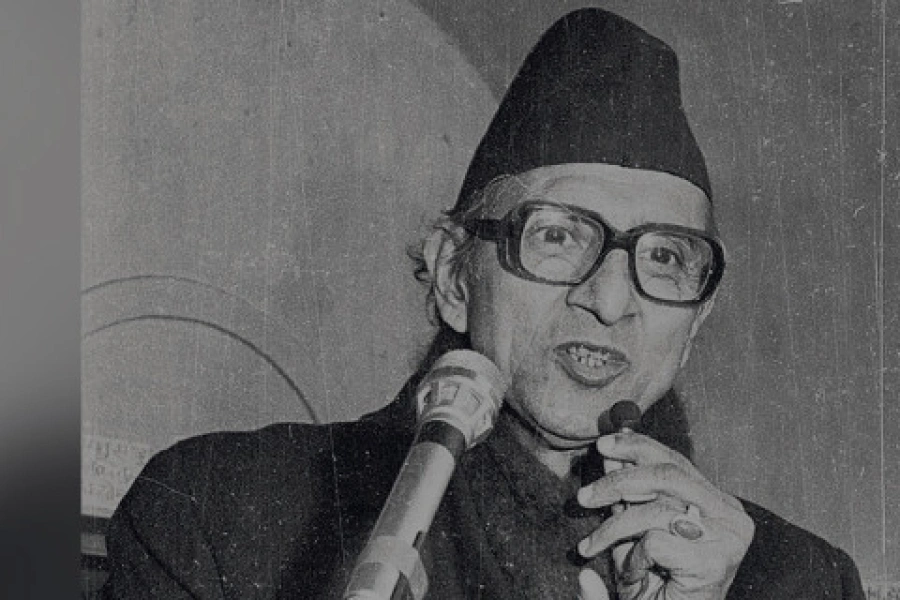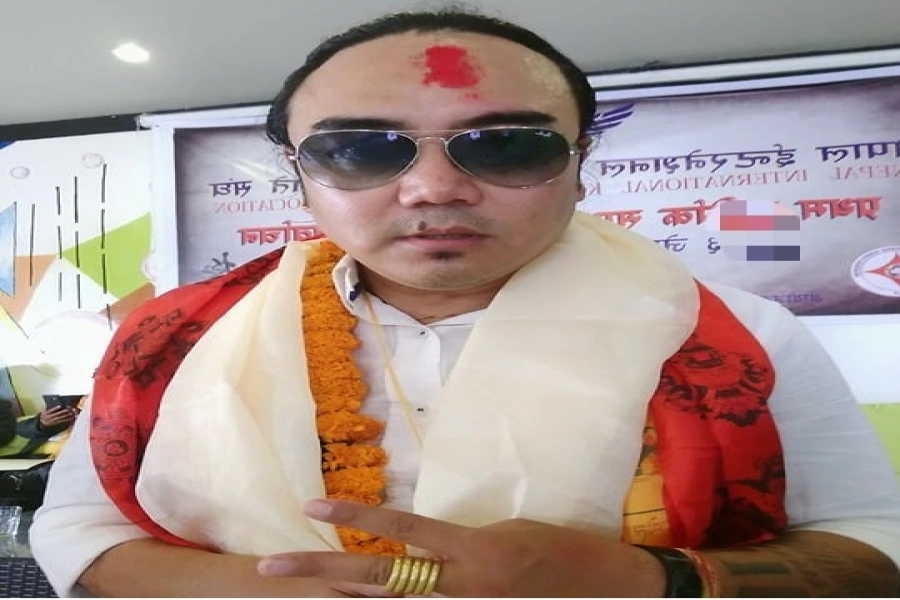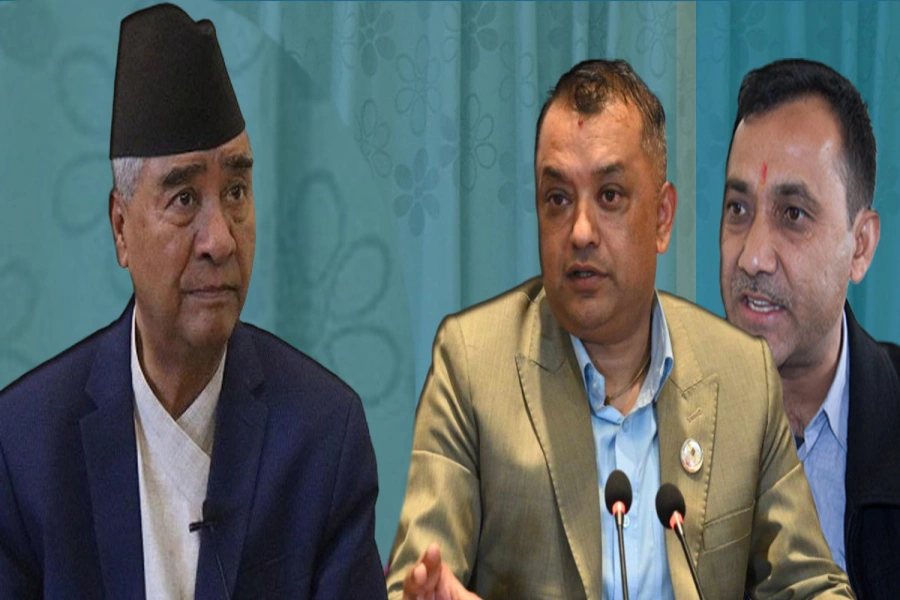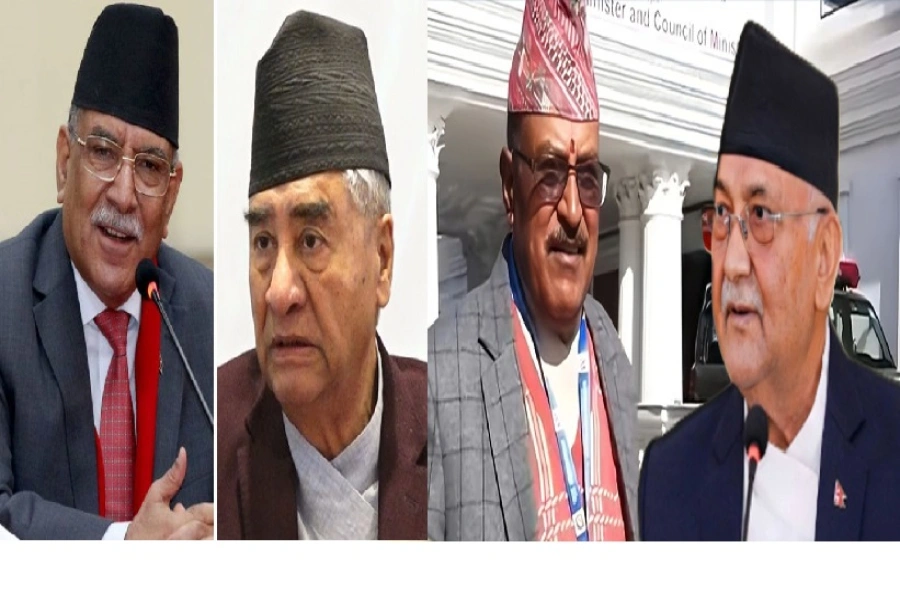The President must not forget the fact that the appointments of several advisors come at a cost to taxpayers, and with the country already facing a looming financial crisis, it is not prudent to spend money on unnecessary appointments.
The position of the President of a country is significant not only in terms of the role as the head of state but also the potential influence on government policies and decisions. In Nepal, the President's role is primarily ceremonial, and the head of the state has no active involvement in the policy-making process. As the newly-elected President Ram Chandra Poudel assumes his new role, it is crucial for him to remember that his position is ceremonial, and he does not require a large team of advisors. Of course, the existing Remuneration and Benefits Act permits the President to appoint up to seven advisors, one chief political advisor, and several senior staff to assist him in his official work. The provisions made in the Act seem too generous for a ceremonial position and need to be reviewed and revised. President Poudel has already appointed a chief political advisor, legal advisor, economic advisor, and chief personal secretary to his team. The president is likely to induct more advisors and staff to his advisory team in the days ahead. While these newly-appointed individuals may be well-versed in their respective fields, it is important to note that the president's role does not involve policy-making or active governance. This makes it difficult for the ceremonial head of state to justify the rationale for such appointments.
Cabinet determines perks for former presidents, vice presidents...

President Poudel has appointed Sunil Thapa as the Chief Political Advisor, former Attorney General Baburam Kunwar as the Legal Advisor, former Governor of Nepal Rastra Bank Chiranjeevi Nepal as the Economic Advisor, and Dr. Suresh Chandra Chalise as the Principal Private Secretary. Additionally, several staff members have been given appointments in the President's office. More appointments are set to follow if President Poudel decides to exercise his authority to make appointments as provided by the Act. If we take into account the intense lobbying being done by a number of high-profile individuals within the Nepali Congress (NC), which is the president's former party, there are no indications that Poudel will refrain from making further appointments to his advisory team. The president must not forget that these appointments come at a cost to taxpayers, and with the country facing a looming financial crisis, it is not prudent to spend money on unnecessary appointments. In light of the current economic situation, it is advisable for President Poudel to keep his team of advisors and staff as small as possible, ensuring that the country's resources are used efficiently and effectively to implement policies that will strengthen the economy and improve citizens' lives.
It is important to note that the president and vice president are not alone in their official duties. All the ministers and senior bureaucrats are at their disposal to assist them in their duties. Therefore, it does not seem justifiable for the president to appoint a large team of advisors. Instead, the focus should be on ensuring that the existing team of ministers and bureaucrats are functioning efficiently and effectively. While it is crucial for the president to have a team of advisors to assist in the official duties, it is equally important to exercise restraint in appointing advisors beyond those absolutely necessary. President Poudel knows very well that his position is primarily ceremonial, and he must now concentrate on representing the nation and upholding the constitution's values. The team's size should be kept to a minimum, particularly in light of the current economic situation in the country. He should consider ways to ensure that he does not add unnecessary appointments to the payroll. President Poudel has already announced his intention to demonstrate what it means to be a president of republican Nepal. As a newspaper, we anticipate that President Poudel having a small and effective advisory team would set a precedent for future presidents.



































